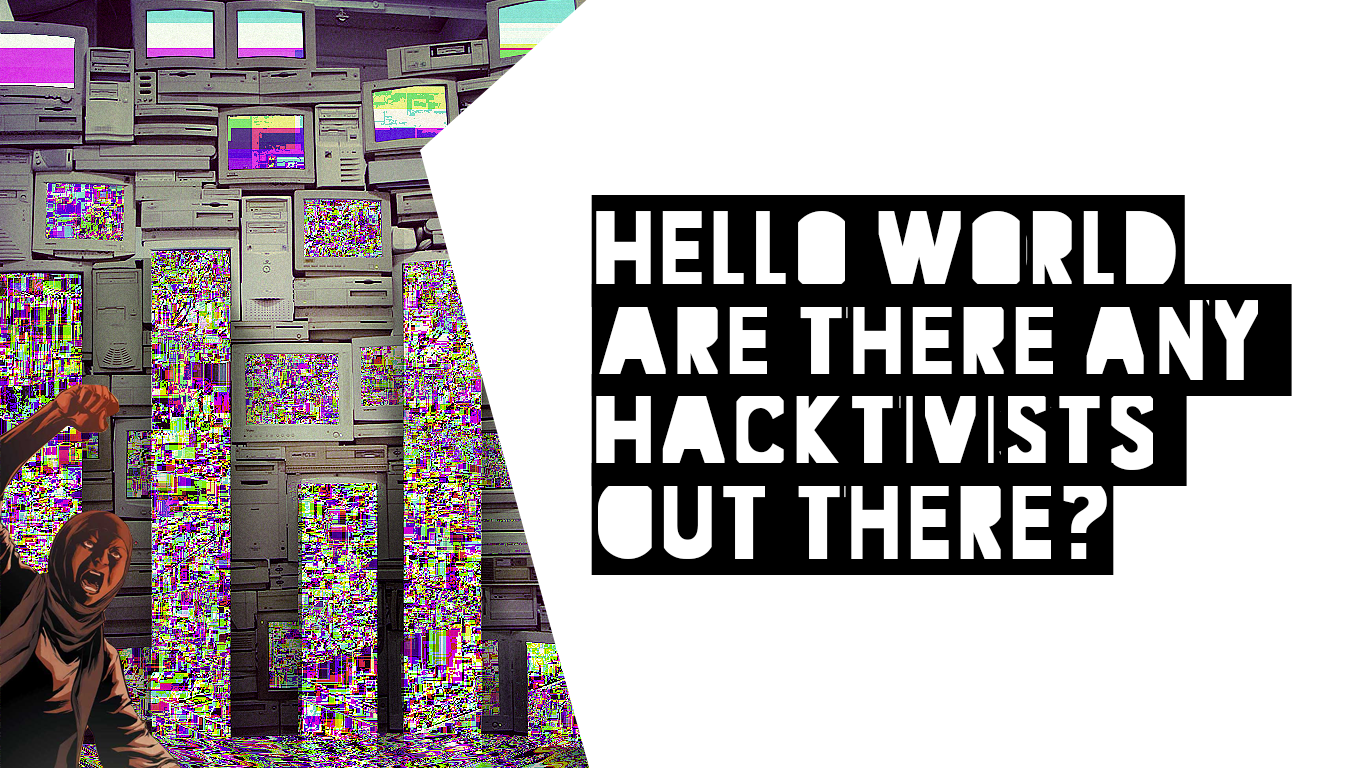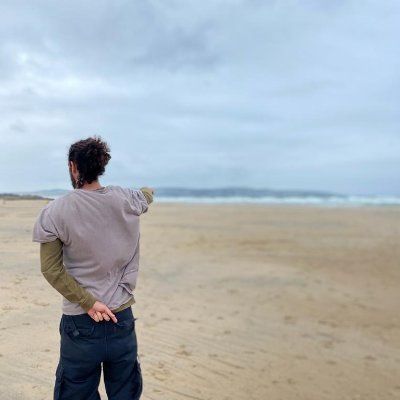Welcome to this space, reader. As I embark on creating this dedicated website for myself, I find it both exciting and slightly surreal, given that it is a self-driven endeavor. However, my purpose in establishing this platform is to provide a space where I can document some of my endeavors and contribute to the advancement of privacy, security, and human rights, ultimately fostering positive change. My goal is to offer valuable resources and support to like-minded individuals who share a common vision of creating a better world.
In the about section, I outline several identities that define who I am: a hacker, security researcher, and activist. Above all, my ultimate aim is to bring about positive change in the world. As an independent researcher, my primary focus is advocating for human rights in the realms of digital security and privacy. Working within the non-profit sector, my aim is to dedicate my work to safeguarding at-risk individuals, civil society, and NGOs.
I hold a firm belief that hackers in the contemporary digital sphere have been adversely influenced by private corporations and governments. In the early days of the internet, hacking culture emerged as a vibrant and diverse community of individuals who explored the digital landscape with curiosity and a passion for technology. These hackers were driven by a desire to push technological boundaries, challenge established systems, and promote freedom of information.
We could say that hacking, in its early days, was characterized by a spirit of exploration and experimentation. From this emerged hacktivism, which advocated for causes such as free speech, privacy rights, and open access to information. Hacking was a tool used to expose corruption, challenge censorship, and champion digital freedoms. However, it is important to note that this era was not without its flaws, as subsets of criminal groups quickly emerged, preying on vulnerable individuals.
The involvement of governments and private corporations in the hacking landscape has influenced the motivations and practices of some hackers. Many skilled hackers have been enticed by lucrative job offers and the opportunity to work on cutting-edge security projects within corporate and public sector environments. Consequently, some hackers have transitioned from being independent, idealistic freedom fighters to becoming business ontological professionals within established systems.
With the increasing professionalization of hacking, which I too have played a part in in my early years, the focus has shifted from pursuing digital freedom and challenging the status quo to more pragmatic goals, such as securing networks, intellectual property, keeping shareholders happy, political motivations and maintaining organizational reputations. This shift has brought about a change in the hacking culture, with greater emphasis placed on legal and ethical practices, adherence to corporate policies, and collaboration with government entities.
I am hopeful for a future where the early hacking ideologies resurface to bring about positive change for human rights. Hackers have the potential to defend these rights by advocating for digital security, responsibly disclosing vulnerabilities, supporting nonprofits, assisting in digital forensics, developing secure technologies, and fostering collaborative knowledge sharing. By directing their technical skills and expertise towards the cause of human rights rather than corporate or governmental gain, hackers can play a vital role in safeguarding privacy, promoting freedom of expression, and combating digital abuses that erode fundamental human rights.
I am committed to upholding this ethos in my work and making a positive impact on the world through hacking. I aspire to contribute towards bringing about meaningful change for the future, championing causes that promote progress, privacy, security, and justice.
If you wish to stay up to date with my research & writings, or just want to support me, please consider subscribing.
Welcome to my space.
Ovi

![[0x0v1]](https://www.0x0v1.com/content/images/2023/09/0x0v1-1.png)

